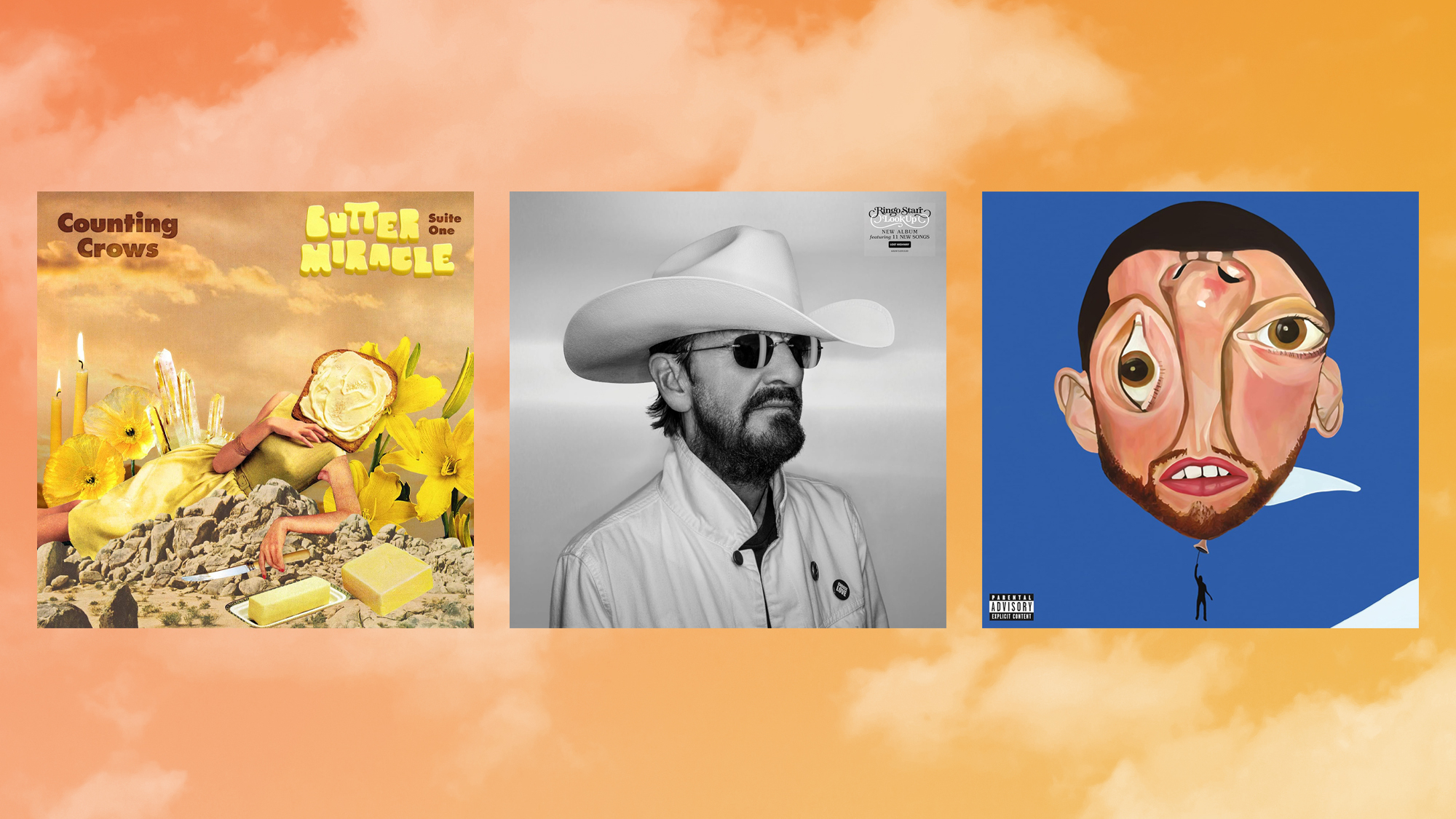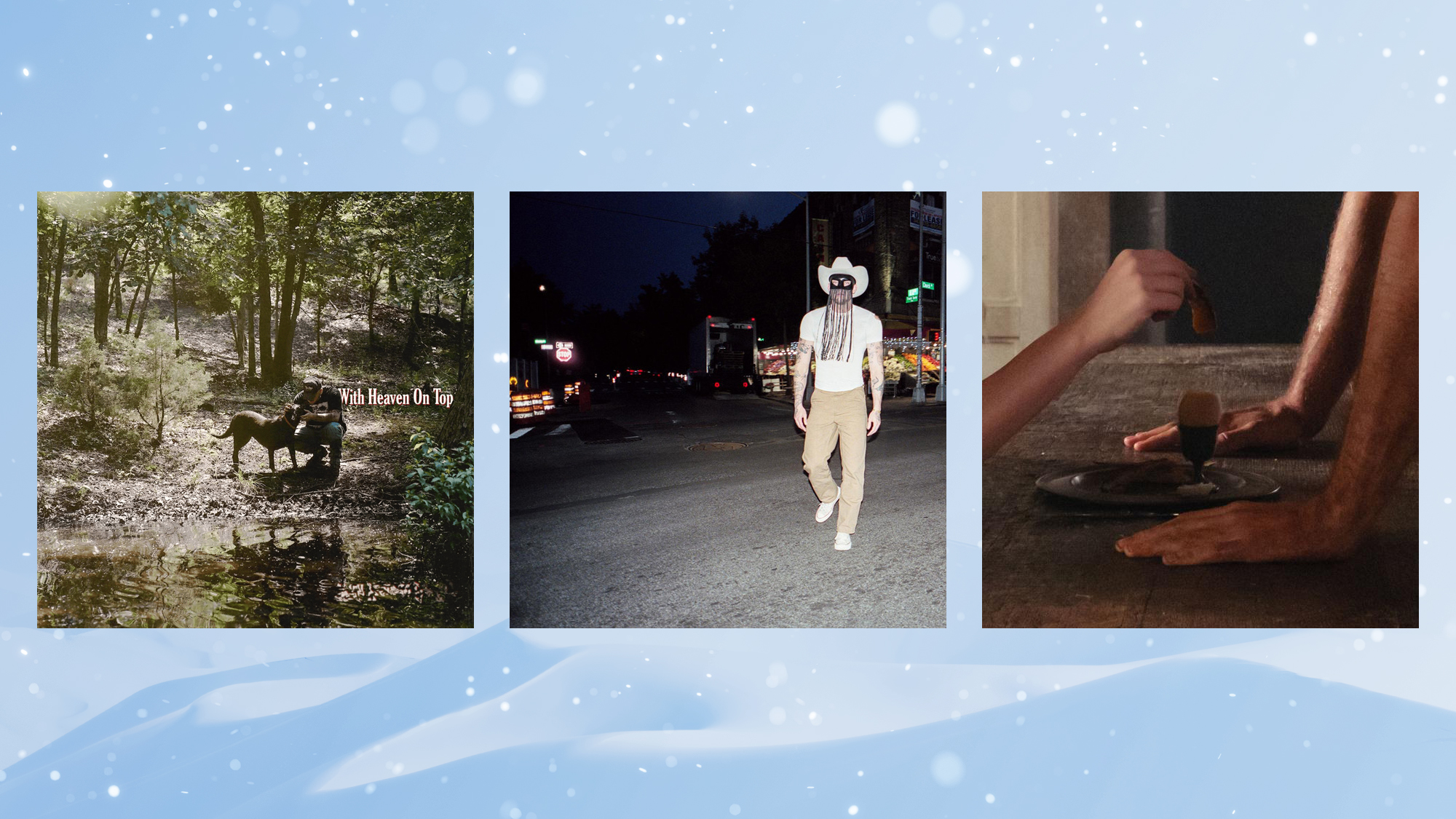'Age of barbarism': are we doing enough to protect young pop stars?
Liam Payne's death has put the treatment of teenage pop stars in the spotlight

A free daily email with the biggest news stories of the day – and the best features from TheWeek.com
You are now subscribed
Your newsletter sign-up was successful
"I used to be in a boy band, that's why I'm so f***ed up."
According to reports, those were among the final words from former One Direction star, Liam Payne, before he died aged 31 after falling from the third floor of a hotel in Buenos Aires last week.
Speaking to the i news site, Dame Caroline Dinenage, the chair of the Commons Culture Select Committee, said Payne's death "re-opens the debate about how we protect people who have achieved incredible fame at a young age".
The Week
Escape your echo chamber. Get the facts behind the news, plus analysis from multiple perspectives.

Sign up for The Week's Free Newsletters
From our morning news briefing to a weekly Good News Newsletter, get the best of The Week delivered directly to your inbox.
From our morning news briefing to a weekly Good News Newsletter, get the best of The Week delivered directly to your inbox.
Payne was 14 when he first auditioned for "The X Factor", and was catapulted into global fame when he returned aged 16 and became a member of One Direction, joining a long history of teen sensations including Britney Spears, Justin Bieber, Selena Gomez and Lindsay Lohan.
'Immeasurable toll'
Death at an early age is "not an unusual thing" in the music industry, Bruce Springsteen told The Telegraph in an interview last week, following Payne's death. Young music stars "don't have the inner facility or the inner self yet to be able to protect themselves from a lot of the things that come with success and fame", the singer-songwriter said, eventually pushing many of them towards "drugs or alcohol".
"Plucked from obscurity as children" and "handed unrelenting global stardom on a plate, almost overnight", it's no wonder teenage stars struggle to cope, wrote Nikki Peach for Grazia. The dream that industry bosses "peddle" is of "fame, fortune, fans, girls queuing outside your hotel rooms for pictures, number one albums, stadium tours" and "access to pretty much anything you want whenever you want it". But they don't warn of "the immeasurable toll" all of this can take on "your mental wellbeing, your ability to make sensible decisions, your family, your friends, your private and public relationships, your sense of self, privacy and health".
Turning children into global stars, "putting them on the world stage and shining a spotlight on their every action, simultaneously sexualising them and infantilising them, telling them they are demigods but not letting them make decisions for themselves", is "dangerous", wrote Jennifer Weiner in the The New York Times. And "there’s a long line of damaged lives – of addictions, mental health struggles, flameouts, tragic deaths – to prove it."
A free daily email with the biggest news stories of the day – and the best features from TheWeek.com
'Age of barbarism'
"Will we one day look back on this era of teen pop stars" as "some unfathomable age of barbarism, and wonder what on earth we were thinking?", asked Martha Gill in The Observer. It surely wouldn't be "such an incalculable loss to the culture if producers had to shelter teen singers for a few more years before releasing them to the public", so perhaps it is time for a "law protecting children under 18 from the kind of work that leads to massive global fame".
The latest tragedy has "made me all the more certain that we don't need any more child stars", wrote Nicole Vassell for Metro. Payne's "tragic end" should be "as much reason as any to rethink putting people in the spotlight before they’ve had the chance to grow up".
Guy Chambers, one of the UK's leading songwriters and co-writer of Robbie Williams' hits "Angels" and "Let Me Entertain You", is backing the call for a shift in policy. "Putting a 16-year-old in an adult world" like pop is "potentially really damaging", and "Robbie experienced that, certainly", he told The Observer.
"I would suggest that people should not be in a boy band until they are 18, and the industry should stick to that, too."
Chas Newkey-Burden has been part of The Week Digital team for more than a decade and a journalist for 25 years, starting out on the irreverent football weekly 90 Minutes, before moving to lifestyle magazines Loaded and Attitude. He was a columnist for The Big Issue and landed a world exclusive with David Beckham that became the weekly magazine’s bestselling issue. He now writes regularly for The Guardian, The Telegraph, The Independent, Metro, FourFourTwo and the i new site. He is also the author of a number of non-fiction books.
-
 Is Andrew’s arrest the end for the monarchy?
Is Andrew’s arrest the end for the monarchy?Today's Big Question The King has distanced the Royal Family from his disgraced brother but a ‘fit of revolutionary disgust’ could still wipe them out
-
 Quiz of The Week: 14 – 20 February
Quiz of The Week: 14 – 20 FebruaryQuiz Have you been paying attention to The Week’s news?
-
 The Week Unwrapped: Do the Freemasons have too much sway in the police force?
The Week Unwrapped: Do the Freemasons have too much sway in the police force?Podcast Plus, what does the growing popularity of prediction markets mean for the future? And why are UK film and TV workers struggling?
-
 Josh D’Amaro: the theme park guru taking over Disney
Josh D’Amaro: the theme park guru taking over DisneyIn the Spotlight D’Amaro has worked for the Mouse House for 27 years
-
 Bad Bunny, Lamar, K-pop make Grammy history
Bad Bunny, Lamar, K-pop make Grammy historySpeed Read The Puerto Rican artist will perform at the Super Bowl this weekend
-
 Is a social media ban for teens the answer?
Is a social media ban for teens the answer?Talking Point Australia is leading the charge in banning social media for people under 16 — but there is lingering doubt as to the efficacy of such laws
-
 How Utah became a media focal point
How Utah became a media focal pointIn Depth In producing the stars of #MomTok and reality TV alike, Utah has emerged as a media powerhouse
-
 The best music of 2025
The best music of 2025The Week Recommends These were some of the finest releases of the past year
-
 10 upcoming albums to stream during the winter chill
10 upcoming albums to stream during the winter chillThe Week Recommends As the calendar turns to 2026, check out some new music from your favorite artists
-
 Australia’s teens brace for social media ban
Australia’s teens brace for social media banIn The Spotlight Under-16s will be banned from having accounts on major platforms
-
 10 concert tours to see this winter
10 concert tours to see this winterThe Week Recommends Keep cozy this winter with a series of concerts from big-name artists